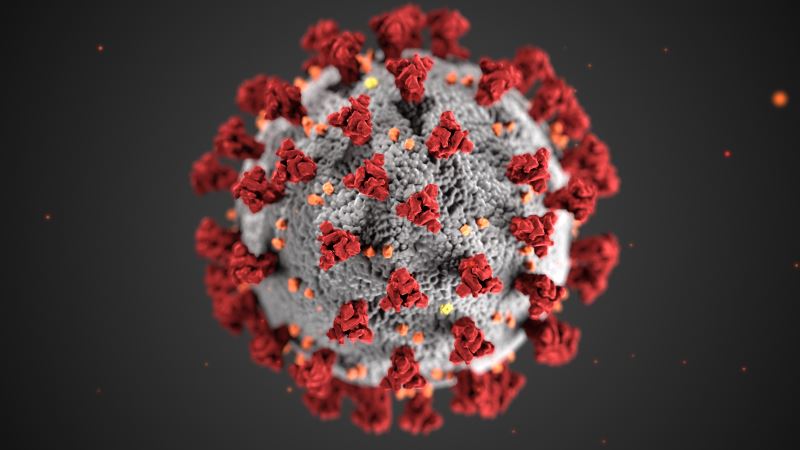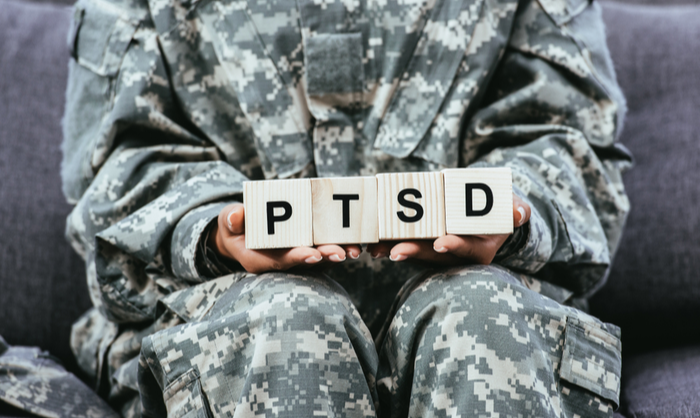Time2Track Blog
Real-Life Resources for Students & Early Career Professionals

Bisexual Mental Health and the Challenges of Internalized Biphobia
Sexual-minority individuals frequently experience mental and physical health challenges, often in response to discrimination, hostility, and violence (Meyer, as cited in Heath & Mulligan, 2008).
As the research community begins to tease out the differences between the different sexual minority groups, a clear pattern of difference begins to emerge between the experiences of lesbian/gay individuals and bisexuals.

How to Preserve Your Mental Health While Combating Systemic Racism and Social Injustice
Anger is a complex emotion. For some, it manifests as a quiet brooding, and for others it can present as explosive and uncontained. It can show up in various ways, physiologically and psychologically, and it can be interpreted differently based on the characteristics...

Should You Apply to a PsyD or PhD Program?
Clinical psychology comprises the fastest growing subfield in the study of psychology, and it accounts for approximately half of all doctoral degrees earned within the field [1]. There are two primary degrees awarded for doctoral study within psychology: the PhD and the PsyD. Briefly, the PhD holds a primary research focus in addition to clinical practice, while the PsyD is focused primarily on provision of clinical services. The PsyD, or the Doctor of Psychology degree, emerged in the 1970s and has since grown rapidly as a primary model of training for clinical psychology.
Most PsyD programs follow the scholar-practitioner model, also known as the Vail model. This type of training is characterized by emphasis on practical clinical training. In the course of this training, students also learn how to analyze and evaluate existing scientific research, and they may carry out their own original research, as well.
The PhD, or the Doctor of Philosophy, takes a balanced approach to research and clinical work. In addition to learning the practice of clinical psychology, the PhD emphasizes conducting research. This is the scientist-practitioner model, or the Boulder model. Students in PhD programs gain extensive training in the development, execution, and dissemination of research.

Stop Hesitating and Start Talking to Your Black Clients About Race
When I lead anti-racism trainings for therapists, one of the things they share with me most often when it comes to bringing up race in their sessions is, “I didn't know if I could do it right, so I didn't do it.” My goal is to demystify and remove the shame that...

4 Factors to Consider with Caribbean Clients
Having grown up in Bermuda and traveled to various countries in the Caribbean, I have always had a love of Caribbean culture and customs. From the reggae/dancehall music and traditional dishes to the unique accents and dialects, Caribbean life has always been a...

Improve Your Sleep Hygiene by Following These 6 Simple Rules
Graduate students and early-career professionals know how challenging, nay, grueling our work can be without a good night’s sleep. With all the demands of practice, coursework, family matters, research, and so forth, how can we hope to squeeze in a solid 8-hour sleep session?
Furthermore, how can we fall asleep when our minds are racing through that seemingly endless list of responsibilities and deadlines? We toss and turn and check our phones, remembering that each waking moment is wasted rest time.
All of us (well, hopefully all of us) try to practice good hygiene by bathing regularly, brushing/flossing teeth, and so forth. Yet, few of us try to practice good sleep hygiene.

Healing From Grief and Loss During Graduate School
My story began and was written before the current crisis, which is causing waves of grief and trauma for numerous graduate students and professionals. I was fortunate, if there is such a thing for grief, to have had a “traditional” grieving process. I was able to...

11 Strategies to Maximize Productivity While Working From Home
Working from home is a new experience for many people. If you are similar to me, the house has many distractions that limit your productivity. I am a neuropsychology student and researcher on the topic of executive functioning – your brain's ability to engage in...

Cancelled Sessions, Technology Challenges, and Loss: What Mental Health Workers are Encountering During the Coronavirus
We asked for your stories about how the coronavirus pandemic has affected your work, life, and education. Here are responses from our readers, submitted between March 24 and April 10, 2020. They have been lightly edited for length and clarity. If you’d like to share...

Cognitive Processing Therapy is like Labor and Delivery: Reflections from a VA Hospital Internship
Content warning: This post compares helping veterans with PTSD to helping a mother have a healthy birth.During the last session of my first case using cognitive processing therapy, I realized that cognitive processing therapy has a lot in common with the business of...
